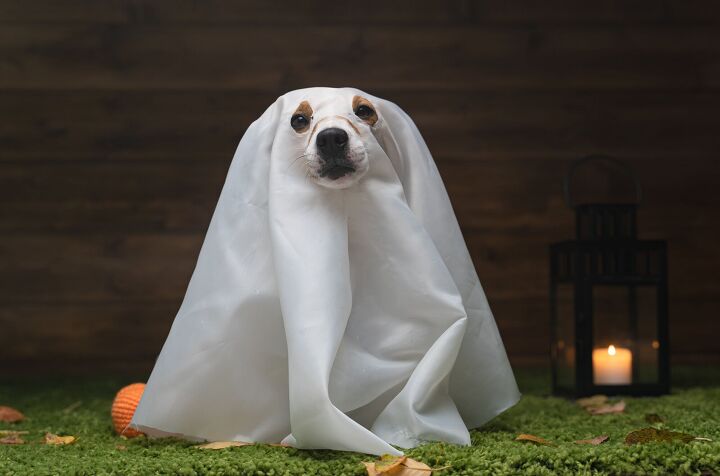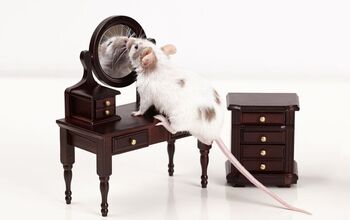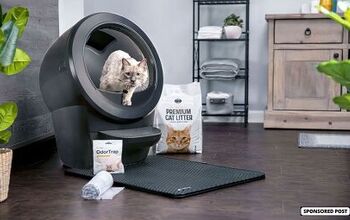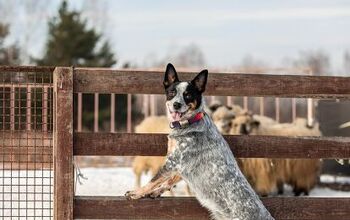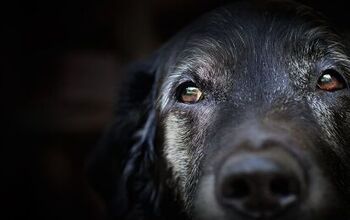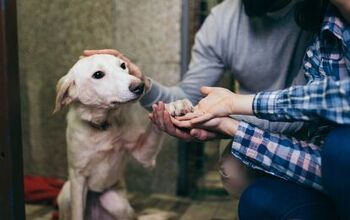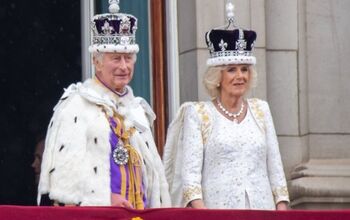Ghosts of Dead Pets May Help Owners Deal With Grief, Study Finds

Descriptions of paranormal encounters with the ghosts of deceased loved ones can be found in many human cultures. According to a YouGov survey, two in five Americans believe ghosts are real, while one in five report they’ve actually seen a ghost. In most cases, these paranormal experiences involve a deceased family member.
But what about paranormal encounters with deceased pets? After all, most American paw parents consider their cats and dogs members of the family.
Jennifer Golbeck, a computer science professor at the College of Information Studies at the University of Maryland, recently conducted the very first systemic study of the supernatural experiences of grieving pet owners. The results of the study were published in the journal Anthrozoos.
Golbeck ran the study using social media, posting a question on Instagram and X (formerly known as Twitter): “If you have lost a dog, have you had an experience like seeing their ghost, receiving a sign, did they communicate with you?” Then, she developed a coding system to categorize the answers.
Golbeck received 544 responses, which she organized into two large categories - physical experiences (hearing, seeing, and touching the ghost of the dog) and interpreted experiences (receiving visits from the deceased dog in dreams, seeing signs in nature, and attributing feelings and phenomena to the spirit of the dog).
A total of 315 owners experienced sensory encounters involving their dogs' ghost. The owners felt their dog’s touch, heard ghostly sounds, and saw their deceased pet.
The most common sensory experience (37% of cases) involved hearing the dog, like a bark or the sound of nails clicking on the floor. Almost half (44.4%) of the physical experiences happened at night, and 45 owners reported that they’ve felt their dog lying in the bed next to them.
According to Golbeck, 264 owners experienced interpreted interactions with the ghost of their dog. These included dreams in which the dog appeared, ghostly activities, such as objects moving, and signs in nature, which owners interpreted as messages from the deceased pet.
Golbeck also asked the owners to describe their feelings about their supernatural experiences. The majority of respondents (74.6%) reported positive feelings, such as a sense of comfort, protection, reassurance, and even a gift. Only in a few cases (9%) owners reported feelings that fell into the mixed/sad category, including bittersweet, spooky, and heartbroken. The remaining pet owners (16%) viewed the paranormal encounters as messages from the deceased pet.
According to Golbeck, these findings are significant because “psychology largely categorizes externalized continuing bonds - particularly seeing ghosts - as negative and even maladaptive.”
On the other hand, the majority of pet parents participating in this study considered their supernatural experiences comforting rather than distressing. “This suggests there is something different going on in the grieving process for dog guardians that makes supernatural encounters operate differently than they do in more typical human mourning,” Golbeck wrote in the study.
The study’s author also noted that there are only a few socially accepted rituals around pet animal deaths and no recognized mourning period. Often, pet owners' grief is downplayed, which creates an experience of disenfranchised grief where the owner is denied the grieving process.
Golbeck also added that ghosts typically have a bad reputation, and are considered scary or a sign of guilt. However, she argues that seeing the ghosts of dead pets can be psychologically healthy, as they are displays of continuing bonds.
“A seemingly magical visit from a ghost of a beloved lost dog offers a feeling of the mystical, the special, and a signifier of the importance of the relationship,” said Golbeck. “Such experiences would reasonably be seen as validating and comforting in the face of the invalidation of disenfranchised grief.”
Join the PetGuide community. Get the latest pet news and product recommendations by subscribing to our newsletter here.

Nevena is a freelance writer and a proud mom of Teo, a 17-year-old poodle, and Bob, a rescued grey tabby cat. Since childhood, she had a habit of picking up strays and bringing them home (luckily, her parents didn't know how to say NO). When she's not writing for her fellow pet parents, Nevena can be found watching Teo sleep. To her defense, that's not as creepy as it sounds!
More by Nevena Nacic



